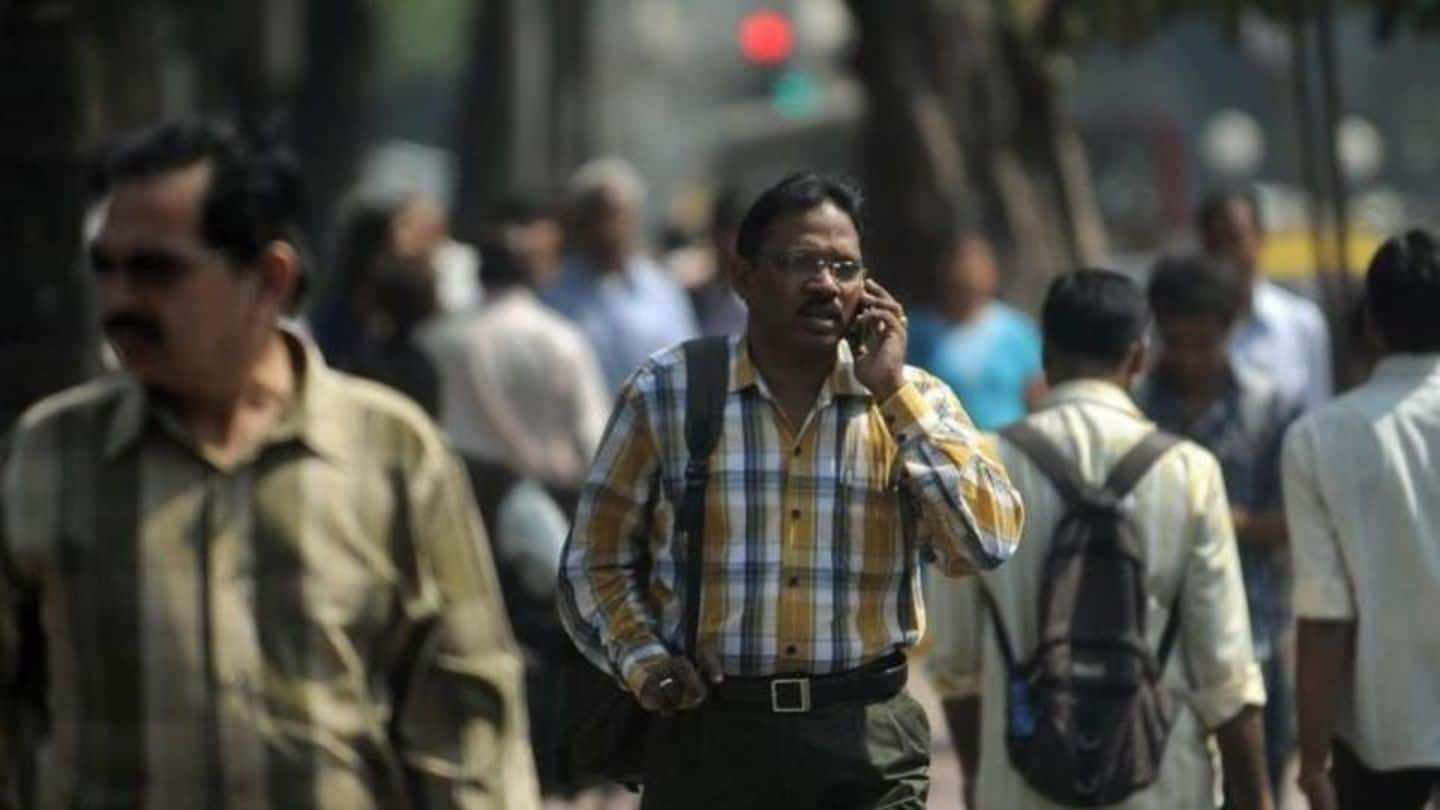
India takes step towards internet telephony, call charges to fall
What's the story
Despite intense lobbying by telcos, the TRAI has finally paved the way for internet telephony in India by releasing its recommendations on the matter.
However, they will apply only to licensed telecom players and not calling apps like WhatsApp and Viber.
If the scheme goes through, it will mean a permanent drop in voice call rates for customers.
Here's all you need to know.
About
First of all, what is internet telephony?
Simply put, internet telephony lets you make calls to any number anywhere through the internet, even when your phone doesn't have network connection and irrespective of operator.
This means an Airtel customer can make calls using Vodafone's data network or Idea's public Wi-Fi. Your number would remain the same and be visible to the receiver.
Many players use an app to offer such services.
History
How the debate started in India
The issue made headlines when BSNL unveiled the Fixed Mobile Telephony service to let customers travelling abroad connect their landlines to mobiles and make calls without ISD charges.
Private operators alleged it bypassed norms, including Interconnect Usage Charges/IUC- a charge paid by an operator to another when its subscriber makes a call to the other.
Amid the furore, TRAI started a consultation in May'16.
TRAI
What does the regulator have to say?
TRAI has several recommendations: such services will be independent of operators; subscribers will be assigned the same number for cellular and internet services; and quality of calls won't be monitored.
Such calls will attract normal IUC.
IP address will be a mandatory part of call records.
Calls from international roaming subscribers will be routed through 'International Long Distance Operators'. Termination charges will be payable.
Information
What do telcos think about the suggestions?
TRAI's suggestions differ from the stand of the COAI, which believes "internet telephony can only be provided by a licensee using its own access network". Several rules required more clarity, the industry said, including that of IUC. Rajan S Mathews, DG COAI, said they will consult stakeholders.
Benefits
How will it help customers and telcos?
Internet telephony would bring several benefits: current voice quality isn't satisfactory with frequent call drops.
For customers, calling rates would go further down, a still-ongoing process triggered by Jio's entry.
It'll help telcos shed some of their network burden: India has over a billion mobile subscribers. Moreover, spectrum is scarce and charges are high.
This might also mean providers will widen range of services.
Challenges
But the road isn't very smooth
TRAI admits there are challenges: allocation of numbering resources, details of IUC, service quality and availability of emergency services are just some of them.
Besides, telcos (except Jio, which has supported the new policy) are expected put up a fight against something they believe would hit their revenues.
For now, the TRAI has sent its recommendations to the DoT, which will take a call.